Some schools use the ISEB (Independent Schools Examination Board) ‘pre-test’, which is a standardized test taken in the Autumn Term of Year 6; a pass at the right level for the school may either guarantee entry at Year 9 or simply be the first stage of the process. If the school requires your child to take the ISEB pre-test, please do get in touch around six months before (Spring of Year 5) and we can help prepare them. Sections of the test, which is set by an external provider, include English, Maths and Reasoning.
All tutors are classroom teachers with UK QTS or international equivalent
All tutors have enhanced DBS or equivalent checks
Book a free 20 minute consultation with any of our tutors
Billing will commence once you book a tutor to deliver a tuition session
Tutor rates start at £70 per hour. Find out more about our rates.
Meet our 13 Plus Tutors
All Owl Tutors are qualified teachers. Those listed below can prepare students for entry at 13 Plus, with many having gained places at competitive schools in London and across the UK, including Sevenoaks School, Tonbridge School, Eton College and Harrow. The subjects we can cover include: English, Maths, the Sciences, Verbal and Non-Verbal Reasoning, French and Latin as well as the advanced CASE exams. We can provide one-to-one 13 Plus tuition at home to students based in London and online to students based all over the world. Refine your results by using the search box above, or view all 13 Plus tutors below:
Our 13 Plus tutors are currently taking bookings for the next academic year 2025-2026 so please get in touch if you would like to secure their services.
Rachel - Check availability
7 Plus, 8 Plus, 11 Plus, 13 Plus, Other School Entrance, Biology, Chemistry, Geography, History, Maths, Physics, RE & Science
Gaining a Masters-accredited PGCE at the University of Oxford has ensured Rachel has a solid grasp of the most effective pedagogic techniques She...
Science (2010)
School entrance experience



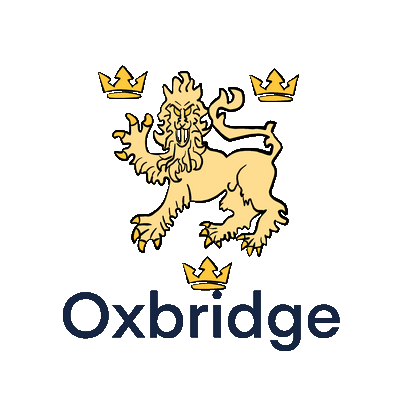
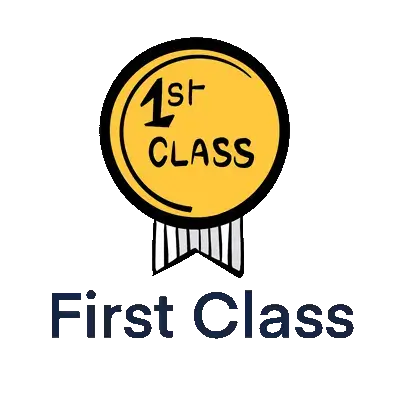
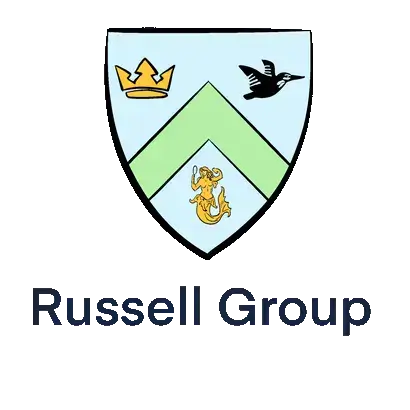
Nicola - Check availability
11 Plus, 13 Plus, Other School Entrance, University Admissions & English
Nicola is a qualified and experienced practising English teacher, with extensive experience teaching English at Key Stages 3, 4 and 5 in leading...
English (2006)
School entrance experience



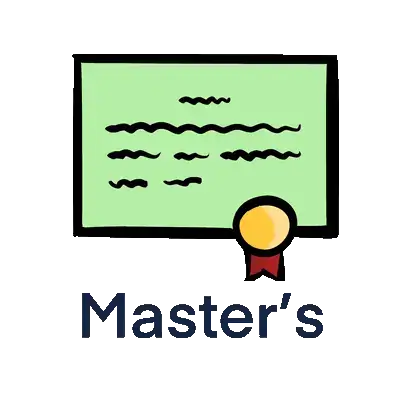

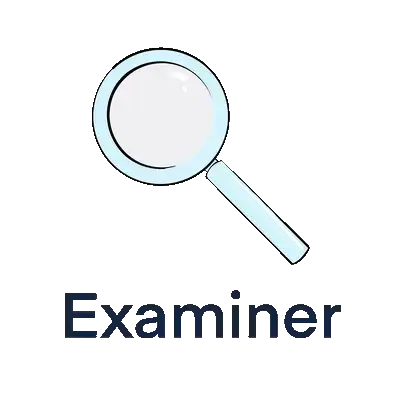

Jeni - Check availability
13 Plus, Other School Entrance, University Admissions, Biology, Chemistry, Maths, Physics & Science
Having studied Biological Sciences and gained her PGCE at King s College London, Jeni has 25 years of teaching and tutoring experience working...
Online tuition
Biology (1999)
School entrance experience




What is the 13 plus exam?
The 13+ exam is set by independent schools for entry into Year 9. Some independent schools start at Year 9, some at Year 7, and some earlier, but most have a Year 9 entry point. You may be thinking about 13+ entry because your child is at a prep school and you wish them to move up to a senior school. Additionally, it may be the case that your child was unsuccessful at 11+ entry and wishes to try for 13+ entry to the same school (most schools allow this, but it is a good idea to check). The entry process to some schools starts three years in advance, with the most competitive schools requiring registration as early as Year 4 or 5.
What is the ISEB pre-test?
What is Common Entrance?
If your child is currently at a prep school, they may well sit Common Entrance in May of Year 8. This is a standardized test which can be taken at different levels and in different subjects, personalized to the needs of your child and to the proposed school. Schools may or may not use this as part of their admissions process, and may simply use it for setting purposes once the child’s place is confirmed. Your child’s prep school will be able to tell you more, and a tutor can of course help to prepare them if a particular grade (usually expressed as a percentage) is required. Find out more here.
Which subjects are included in the 13 plus exam?
If your child has completed the ISEB pre-test and there is a second stage to the process, or if the school does not use the pre-test, then they may need to sit 13+ exams. Each 13+ exam is slightly different, and a tutor will prepare your child for a specific school (or multiple schools) exam, rather than for a generic assessment. However, there are similarities between the exams which are worth considering. Generally, the exam is in three parts: English, Maths and Reasoning (which may be Verbal, Non-Verbal, Spatial, or a mix of all three). Occasionally schools will also require prospective pupils to sit a Science or Critical Thinking exam, and/ or participate in an assessed group activity. English and Maths practice papers are often available from the school website; 13+ reasoning papers are much harder to come by and it may be useful to ask a tutor for help with this.
How do I prepare my child for the 13 plus exam?
There are a few options to ensure your child feels confident and prepared for their 13+ exams. The exam usually (although not always) takes place in March of Year 8, so it is a good idea to start preparation around six months before, at the start of Year 8. Successful preparation for the 13+ exams can be done at home using practice papers and there are also specific 13+ practice papers available from Owl Tutors, written by tutors with experience of the actual exams. If you need help with ISEB pre-tests or Common Entrance you will need to start thinking about this earlier, and we can help with a suggested timeline. An Owl Tutor will also be incredibly helpful, as they can work one to one with your child and learn their individual needs to target specific gaps or issues. Online tutoring has been shown to be very successful at this age; please do get in touch if we can help!
What are the Common Academic Scholarship Exams (CASE)?
CASE are a set of exams which your child takes as an alternative to Common Entrance. They are generally taken in May of Year 8, although there is an option to take them earlier in February. Pupils are only allowed to take these exams if they are chosen to do so by the senior school to which they are applying. You cannot make a decision to take them as a parent, although you can ask the school if they feel your child should be nominated for CASE. Should a pupil underachieve in the CASE they may need to take CE for setting purposes. Again, this will be decided by the senior school.
Which subjects are taken for CASE?
Papers are available in English, Mathematics, Science, History, Geography, Theology, Philosophy and Religion (TPR), French and Latin. Pupils do not have to sit all these papers; the school chooses which ones they want them to sit and informs parents. Decisions on subjects will depend on the profile of the school and which subjects they offer in Year 9 and at GCSE/IB and beyond.
What is the difference between CASE and CE?
CASE papers are a more advanced version of CE. There are no levels with CASE, so no choice between Level 1, Level 2 and Level 3 (Foundation, Core and Additional) as there are at CE. Questions are likely to be essay-based rather than short-answers in subjects such as English and History, and cover more challenging questions and areas of the curriculum in Maths and Science.
How can I prepare my child for CASE?
Firstly, use past paper materials available on the ISEB website. Unfortunately they do charge for these, but they are reasonably priced and should be your first reference point. A tutor can help go through these papers and can also provide further examples, either from other schools or additional questions they have created independently. Secondly, ask your child’s school for any scholarship-level papers they may be able to provide, and any scholarship clinics or after-school sessions they can timetable. Prep schools in particular are always keen to publicize success in scholarships to senior schools so they should, in turn, be keen to help you. Finally, make sure you use a tutor who has recent experience preparing pupils for the new CASE specifications – please ask if Owl Tutors can help.



